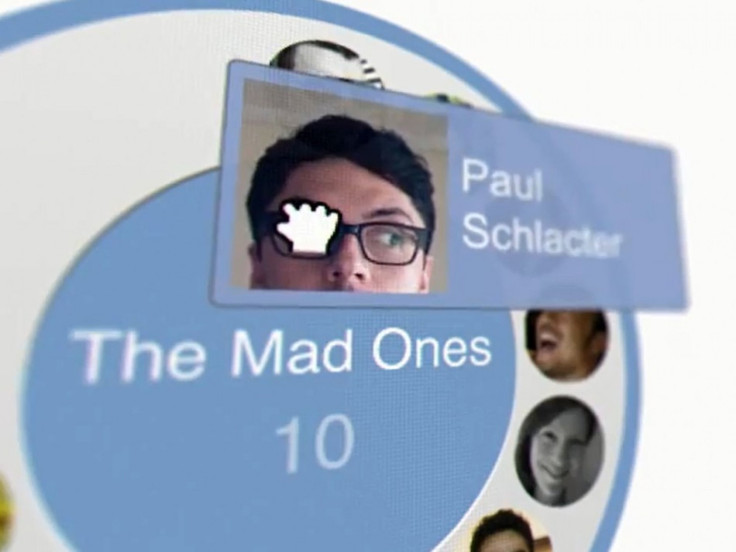Why It is Wrong to Call Google Plus a Failure

Senior Google Engineer, blogger and public speaker Steve Yegge accidentally posted a candid critique of the Google Plus platform, which he originally intended to share internally among his peers in Google. But being an inexperienced Google Plus user, he allowed his post to be visible publicly, before he decided to take it down.
However, Yegge's comprehensive 5000-word piece, which blatantly takes digs at his former employer Amazon and current employer Google, laced with a tinge of humor, is being shared and praised by 'The Greater Internet' for its sincere criticism of corporate management.
Yegge starts on a disapproving note of his former boss, Amazon's CEO Jeff Bezos and says, Amazon's recruiting process is fundamentally flawed by having teams hire for themselves. He trashes the company's political, philosophical and technical screw-ups, before moving on to Google Plus.
That one last thing that Google doesn't do well is Platforms. We don't understand platforms. We don't get platforms, Yegge writes.
Google+ is a prime example of our complete failure to understand platforms from the very highest levels of executive leadership (hi Larry, Sergey, Eric, Vic, howdy howdy) down to the very lowest leaf workers (hey yo). We all don't get it.
The Google+ platform is a pathetic afterthought. We had no API at all at launch, and last I checked, we had one measly API call, Yegge writes.
The post appeared online at a time when programmers and technology industry experts were more or less predicting that Google Plus was doomed to fail. Mostly due to a Chitika traffic report stating that Google Plus traffic had dropped more than 60 percent, since a 1,269 percent spike after opening to the public in late September.
Assessing a social networking site's reception based on percentage numbers can be tricky for the simple reason that not everyone who signs up during launch will essentially stick to it. Since the hype surrounding Google Plus during the launch was astoundingly high, the users were in mad rush to check out Google's offering.
Real and consistent assessment will have to wait for a few more months, which will show the traffic numbers filtering out those who became members simply because sign up was almost automatic since they owned a Gmail account.
In any case, shouting failure at a platform which has been out of beta only for weeks is irrational to say the least.
For Facebook to launch features which are shameless imitations of an incomparably young Google Plus is pretty easy. But it does take some time, even for a technology giant like Google, to understand the nuances of a social networking landscape before dishing out features that doesn't draw criticism - like its new API which allows to request just public posts from any user.
Underestimating Google's ability to attract developers to their new platform, within a month of launch also doesn't make much sense. (They have a great history; think about Android, it is a self-sufficient ecosystem in itself). Facebook is now taking a 30 percent cut of every game developer's business. Google, being a bigger giant ($30 billion in revenue each year) can afford to make it a 100 percent profit deal for developers by not taking any cuts. What more would they ask for?
© Copyright IBTimes 2024. All rights reserved.




















